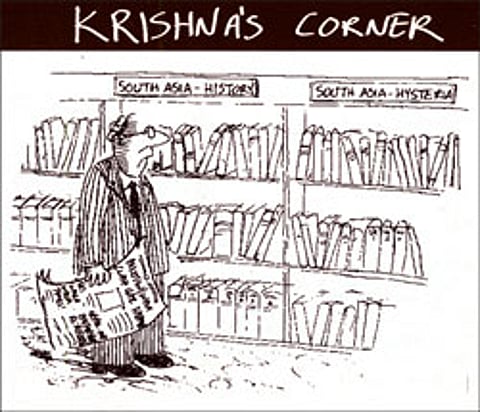The wait for the statesman
Walking down busy streets in countries outside of India, I have been questioned by strangers as to whether I knew Urdu, and by unknown persons asking me, "Dada! Aapni ki Bangla bojhen?" Such individuals might have guessed from which part of the world I hailed. That is an identity that will forever be associated with me: that of being a Southasian.
I have never faced such questions in India, where I could be Assamese, Bengali, Gujarati, Maharashtrian or a Hindi-walla. I could be Hindu, Muslim, a Buddhist or Christian, and nobody bothers much about my identity. Language, on the other hand, remains a great source of curiosity among strangers. I was in my teens when I developed a fascination with Urdu, a tongue in which even abuse sounds sweet. During one summer vacation, I asked my father whether he could help me to learn Urdu, as he was equally skilled in both it and Sanskrit. Instead, he took me to our neighbour, whom we all called Hafij Ji, who agreed to teach me after he closed his grocery shop. He told my father that he would sit with me for an hour every evening. I told my newfound guru that I was particularly keen on reading and appreciating the delicacy of Urdu.

